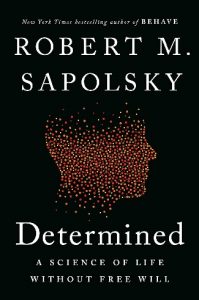Q: Do the Vedas really contain any advanced knowledge as so many people claim they do?
A (Martin): I’d say the Vedas contain the most fundamental and ‘advanced’ knowledge there is, though usually portrayed in the form of paradox (analogy, metaphor, story, etc.), so that one has to crack the code in order to find the wealth hidden in them. That knowledge is not like empirical science, which is cumulative and provisional, and which could be said to be somehow contained in it, even if in embryonic or potential form.
The knowledge inherent in the Vedas is metaphysical rather than mystical. According to it there is one and only reality: consciousness (Brahman, or the Absolute), which pervades the whole universe; it is immanent in it as well as transcendent… “the smallest of the small, the largest of the large”. It cannot be measured or understood by the mind, for which it is ineffable, but it is that by which the mind comprehends… it cannot be expressed in words but by which the tongue speaks… it is eye of the eye, ear of the ear, mind of the mind, as expressed in the Upanishads.
Modern physics is having a hard time trying to explain away what consciousness is in terms of physical phenomena (neuronal activity in the brain), but consciousness is not an irreducible phenomenon or datum; it is reality itself or a name or symbol for reality – since the referent of the symbol is unfathomable – everything being comprehended in it (theories, doubts, projections, emotions, things, thoughts, intelligence, observer and observed, you and I). For the Vedas reality is one, and present physics is trying to find out in which way it is so (‘theory of everything’, ‘unifying theory…’). Not all physicists are reductionist, some of them having seemingly mutated into philosophers with an understanding of the core of Vedic teachings.

